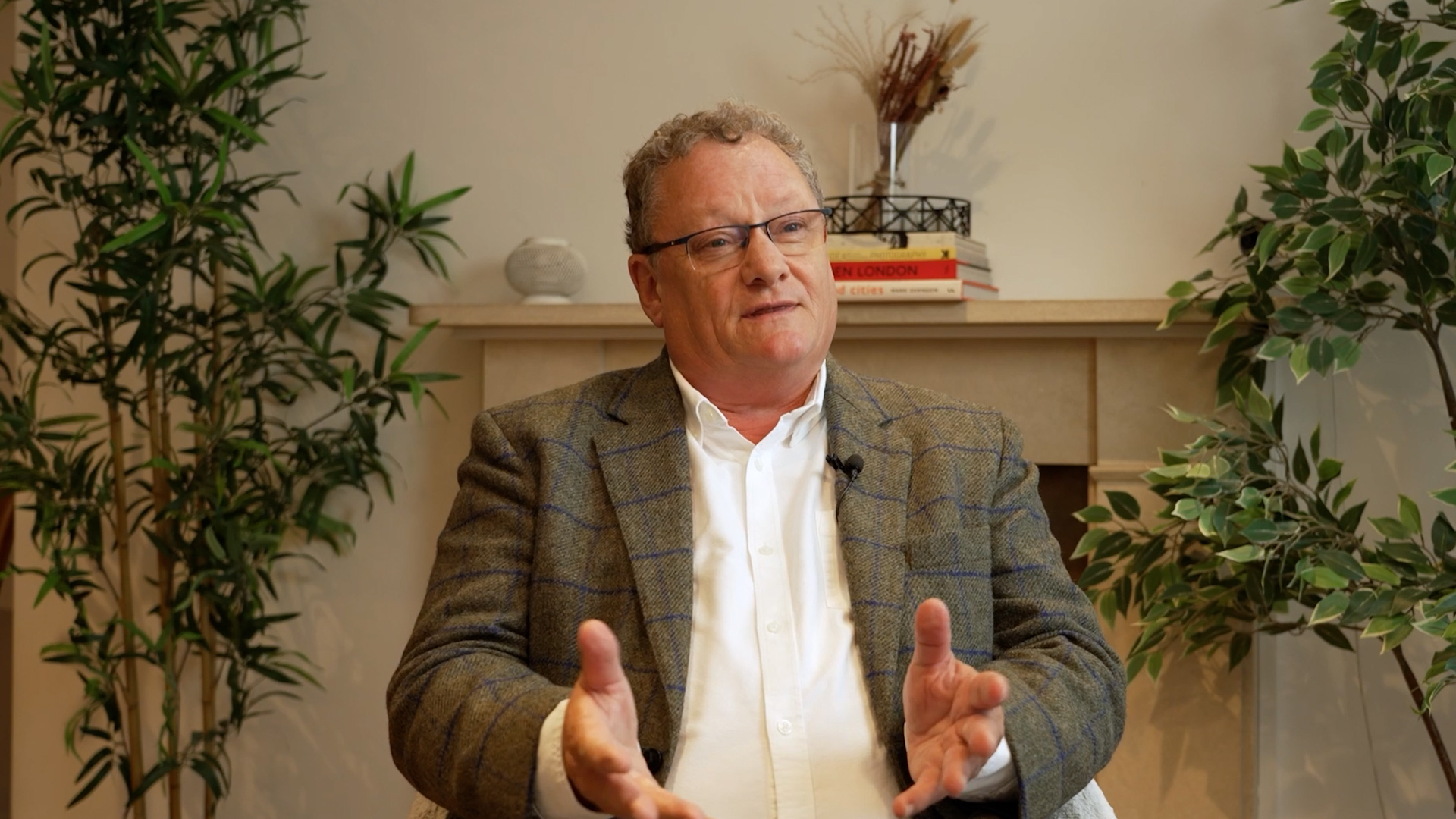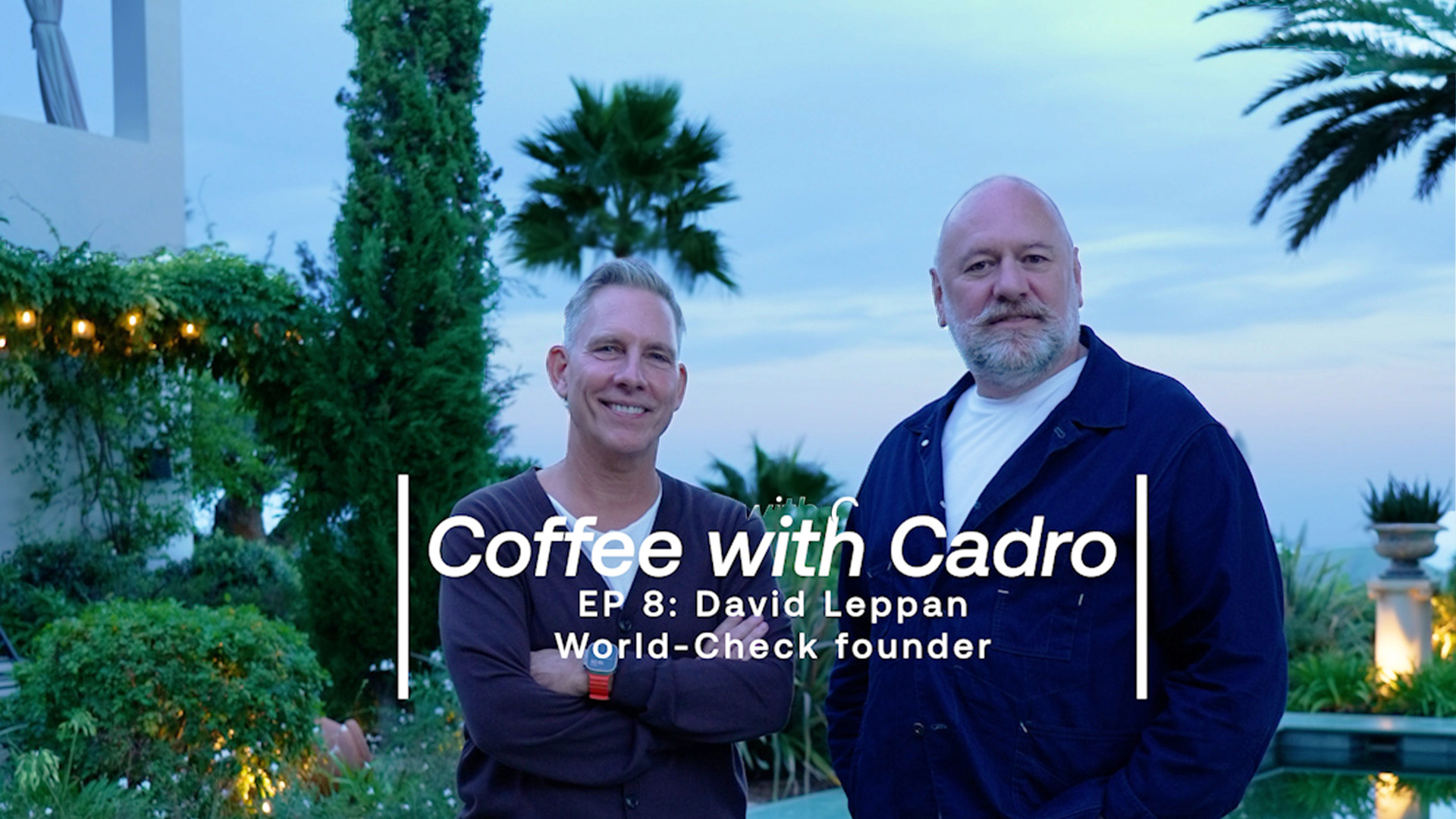The news in brief
- The highly polarised US government agreed in typical last-minute fashion to suspend the debt ceiling until the first day of 2025.
- This agreement allows investors a sigh of relief but does not fix the structural deficit necessitating the regular revisiting of this issue.
- Tighter US credit conditions and impact of 5.00% of interest rate hikes over the last 18 months are likely to weigh on the economy, keeping us cautiously positioned.
What’s happened?
After a tense first half of the year, with much discussion on both sides of the political aisle there is finally a bill that will suspend the US debt ceiling until January 1st 2025. This bill has been passed by the Republican controlled House of Representatives and the Democratic controlled Senate and will be signed by President Joe Biden later on June 2nd 2023. Importantly, the agreement this takes us beyond the next presidential election in November 2024. While the debt ceiling doesn’t limit government spending per se, it does apply to the ability to pay existing bills when the line of credit has been reached. Equally, the current limit of almost $31.4trillion USD was reached back on January 19th 2023*, with the US Treasury using extraordinary measures such as holding back payments to the various retirement funds** and redeeming some existing investments.
House Speaker Kevin McCarthy, leader of the Republican controlled lower chamber in the US congress, and President Joe Biden met first on February 1st 2023 to discuss how to move forward. Almost four months later and we finally have an agreement, palatable to the centralists in both parties. While conservative Republicans have argued it doesn’t rein in government spending, those on the further left of the Democratic party were disappointed at the stricter work requirements for food stamps. Non-defence discretionary spending will be held flat in 2024 and only increase by 1% in 2025, quite the cut in real terms given inflation continues to run in mid-single digits.
But the fact that the US government got so close to the so-called X-date, the day the US would default on its debt obligations, remains an underlying concern for investors. The economic impact and significant uncertainty such an event would introduce has kept financial markets on the back foot as this unfolded. The need to raise the debt ceiling can’t be ignored, simply because government spending is still so significantly higher than tax receipts. But this is not anything new. In fact, as the New York Federal Reserve Bank notes, the first debt ceiling crisis was back in 1953***, but it is the increased polarisation of politics that has led to the weaponisation of the debt ceiling.

What does this mean for investors?
There was a smaller but growing level of unease in financial markets that this game of political point scoring was going to turn into a real game of “chicken”. Financial markets have taken some comfort from this resolution, but the major structural issue remains the continued willingness of politicians to play political games with the world’s reserve currency and risk-free fixed income instrument of choice. This agreement merely avoids a worsening of the current scenario, rather than providing any upgrade. We will no doubt return to this discussion in late 2024. Equity markets have taken this agreement in their stride, with seemingly little genuine worry about a default. The bond market saw some nuance impact affecting those bonds facing a potential, albeit likely temporary, default if a deal wasn’t reached by the start of June. With this now behind us, the outlook for the economy (slowing), inflation (stubborn), and interest rates (holding firm), should resume driving market sentiment.
Will Cadro be taking any action?
We remain comfortable being cautiously positioned, as we continue to anticipate that US central bankers are unlikely to soften their monetary policy stance as inflation remains elevated. This will likely see rates higher and on hold for longer than the market anticipates, with policy makers showing resolve to address inflation even if the economy slows. We remain mindful of the volatile economic and financial market landscape and stay poised to make changes as required.










